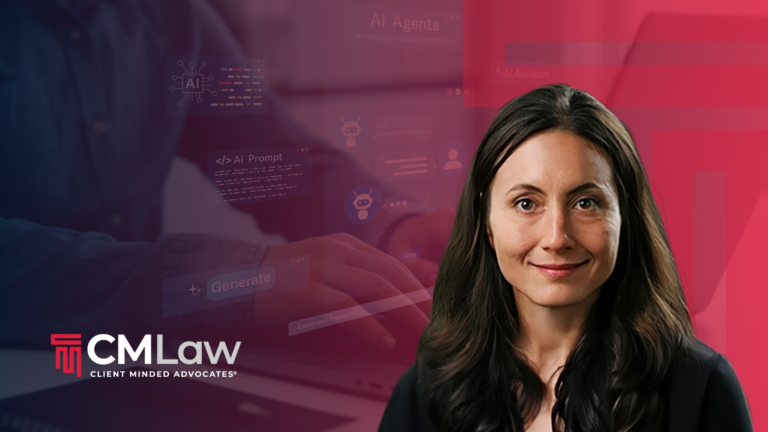What are the risks and challenges of Agentic Artificial Intelligence (AI), and what will it mean for the future of work? Those are the questions Reporter Taylor Rose asked our Partner Reena Richtermeyer for her Built-in article, “What Is Agentic AI?”
Despite its potential benefit, Rose noted, agentic AI has some downsides, including the potential for malicious behavior, potential for bias and discrimination, as well as fraud and security risks – all of which raise legal concerns for this technology that can operate without human oversight.
What if an AI agent causes financial loss, she asked Reena, or violates the law in some way? Does accountability fall on the developer, the user, or the AI itself?
According to Reena, the answer to those questions will likely be one for the courts to decide. “Being able to look back at the record to access what happened and where things went wrong is going to be critical,” she says. “And then contractually, that would be addressed via reps, warranties, indemnities, and limitations of liability.”
Read the full article here
CM Law PLLC (cm.law) – formerly Culhane Meadows PLLC – is the largest full-service business law firm in the nation that is both women-owned and managed (WBE). Designed to provide experienced attorneys with an optimal way to practice sophisticated law while maintaining a superior work/life balance, the firm offers fully remote work options, a transparent, merit and math-based compensation structure, and a collaborative culture. Serving a diverse clientele—from individuals and small businesses to over 40 Fortune-ranked companies—CM Law is committed to delivering exceptional legal services across a broad spectrum of industries.
The foregoing content is for informational purposes only and should not be relied upon as legal advice. Federal, state, and local laws can change rapidly and, therefore, this content may become obsolete or outdated. Please consult with an attorney of your choice to ensure you obtain the most current and accurate counsel about your particular situation.





